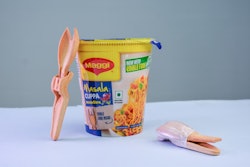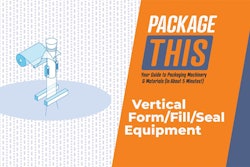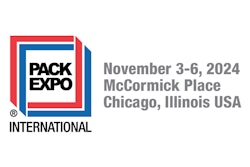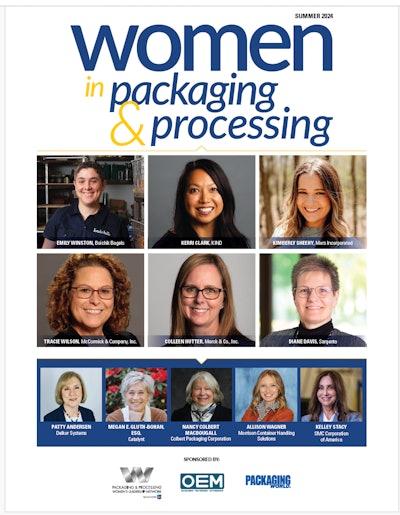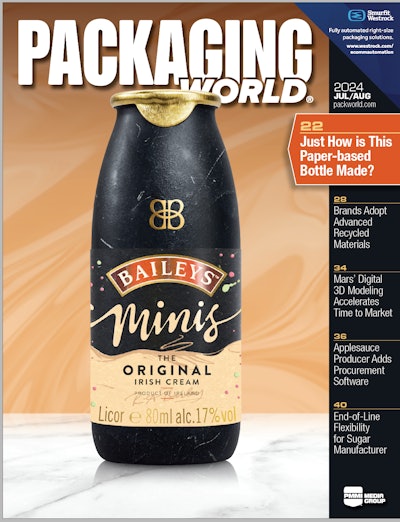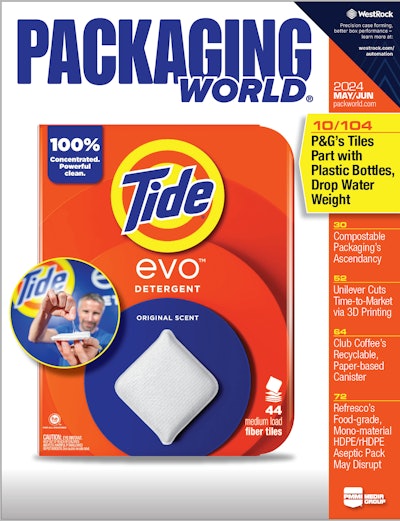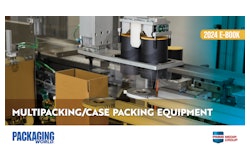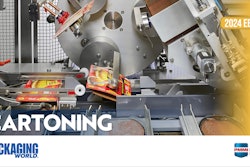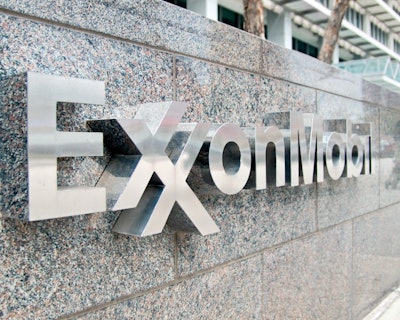
California's recent lawsuit against ExxonMobil could be a watershed moment in the struggle to manage plastic waste. According to NPR, the state alleges that the company has spent decades misleading the public about the feasibility of plastic recycling, promoting it as a viable solution despite knowing its limitations. This legal action, spearheaded by California Attorney General Rob Bonta, aims to address plastic waste's environmental and economic challenges.
The lawsuit claims that ExxonMobil has long been aware that recycling plastics is technically and economically challenging. Despite this knowledge, the company allegedly promoted recycling to solve the plastic waste crisis. Bonta's office argues that this deception has led to excessive plastic use, exacerbating pollution and waste management issues. California spends over $1 billion annually to manage its plastic waste, a figure that underscores the magnitude of the problem.
ExxonMobil, however, defends its actions by pointing to its investment in advanced recycling technologies. According to spokesperson Lauren Kight, the company has processed over 60 million pounds of plastic waste into usable raw materials, keeping it out of landfills. Yet, critics cited by NPR argue that these technologies are neither effective nor environmentally friendly. Judith Enck, president of Beyond Plastic, describes chemical recycling as another industry public relations stunt, emphasizing that the economics of plastic recycling remain unfavorable.
The lawsuit also calls for creating an Exxon-funded "abatement" fund to support efforts like cleanups and developing new methods to break down plastics. Additionally, it seeks a shift in communication from ExxonMobil, demanding an end to what it describes as deceptive statements about the recyclability of plastic products. Environmental law expert Mark James notes to NPR that the suit aims to stop promoting products as recyclable when they are not.
This legal action follows California Governor Gavin Newsom's recent move to close a loophole in the state's plastic bag ban, which had led to an increase in single-use plastic bag waste. The lawsuit's timing is also significant, coming just months before global negotiations to finalize a treaty aimed at ending plastic pollution. Environmental groups argue that these talks have been hindered by fossil-fuel-producing countries, which have resisted proposals to limit new plastic production.
The brief filed by the California attorney general's office cited reporting by NPR where former industry officials have admitted to NPR that the goal of promoting recycling was to avoid regulations and ensure continued demand for plastics. Despite years of recycling campaigns, less than 10% of plastic waste is recycled globally, and the amount of plastic waste in the environment continues to grow. Richard Wiles, president of the Center for Climate Integrity, asserts to NPR that the industry's lies are central to the plastic waste crisis, making California's lawsuit a crucial step in addressing the issue.
The economic challenges of plastic recycling are a significant barrier. Making new plastic is relatively cheap, while recycling often costs as much or more than the material is worth. This economic reality has not changed, and virgin plastic remains cheaper and of higher quality. As a result, the industry continues to face criticism for its reliance on recycling as a public relations tool rather than a genuine solution to environmental damage.
California's lawsuit against ExxonMobil represents a pivotal moment in the fight against plastic pollution. By challenging the industry's long-standing practices and demanding greater transparency and accountability, the outcome of this legal battle could have far-reaching implications for how plastic waste is managed and regulated in the future.




